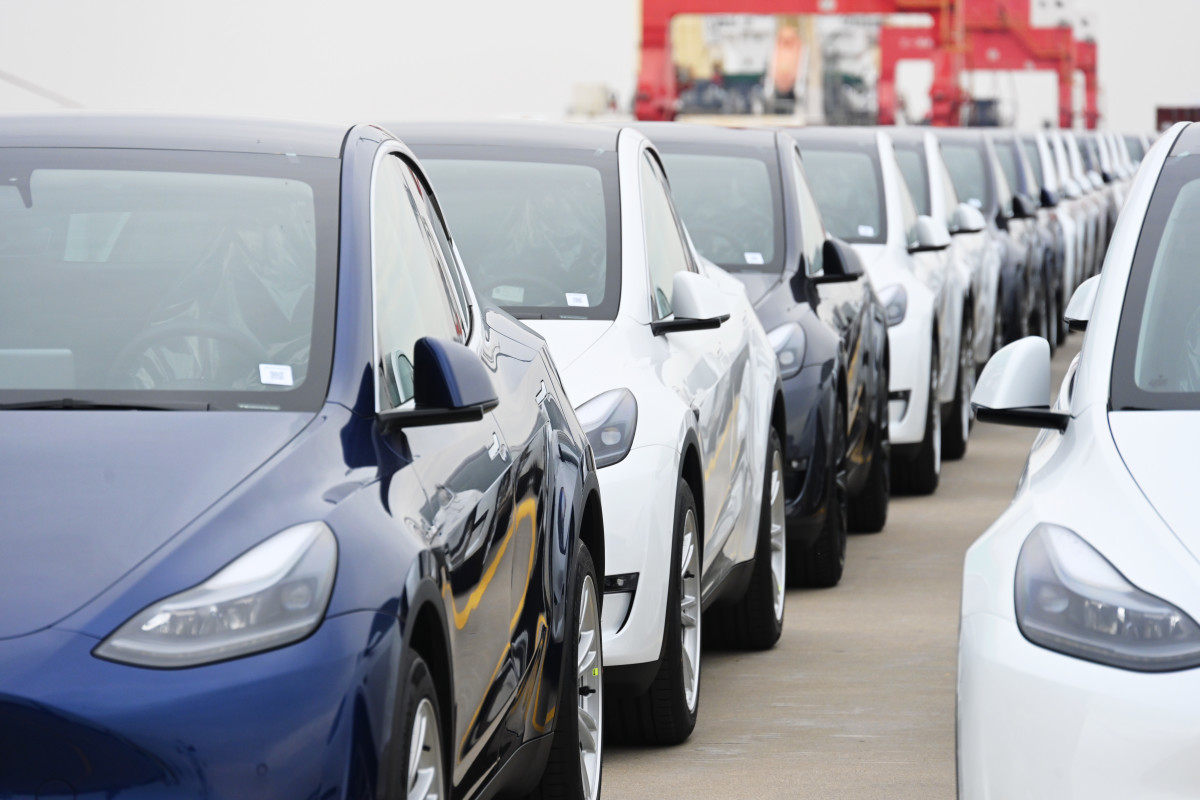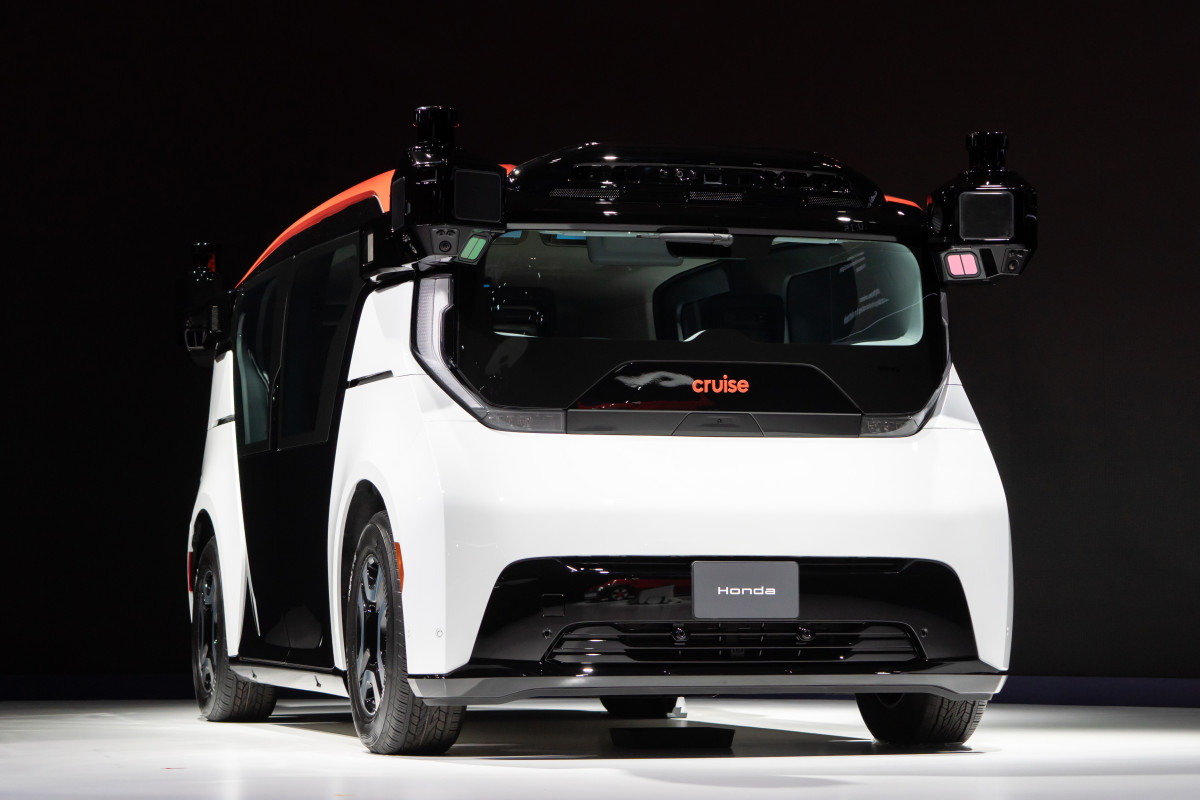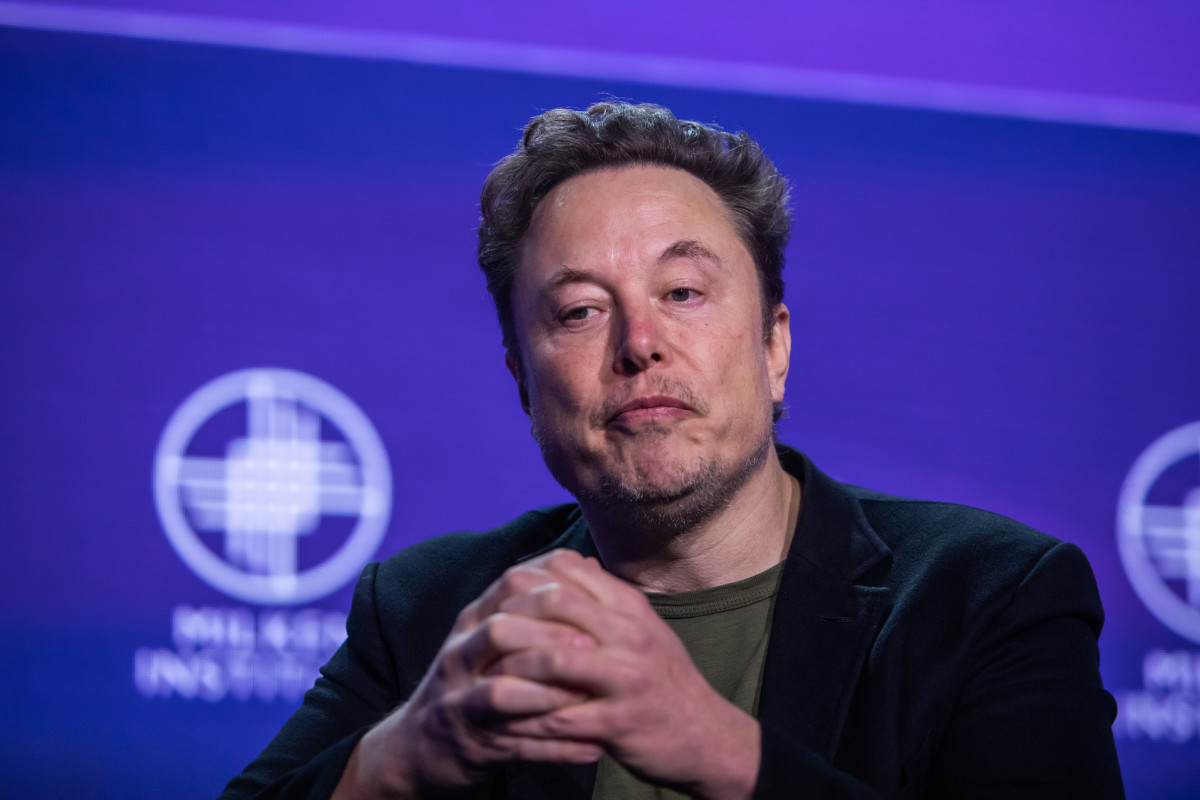
This week, Detroit's Big Three and Tesla reported earnings, and analysts had much to say about America's automotive giants following their earnings calls.
Related: Sky-high new car prices are making used cars expensive
Motors Generally Good
On July 23, General Motors reported positive results for the second quarter, attributed to sales of its gas-guzzlers and electric vehicles.
In the letter to shareholders before the call, GM CEO Mary Barra made light of the indefinite delay of the Cruise Origin, a bus-shaped autonomous vehicle intended for the automaker's Cruise Robotaxi service.
Cruise, which currently uses modified Chevrolet Bolt vehicles for its service, will instead use the next-generation Chevrolet Bolt EUV to save costs and avoid the regulatory nightmare of approving a vehicle without a steering wheel and pedals.
Analyst reactions were primarily positive. Notably, Wedbush's Dan Ives and JP Morgan's Ryan Brinkman maintained their positive Outperform and Overweight ratings, respectively. At the same time, Morgan Stanley's Adam Jonas downgraded General Motors from an Overweight rating to Equalweight.
In their note, they cited that "Industry price pressure, EV/China risks, and a balanced risk/reward" influenced their decision to downgrade GM shares to signal more caution.

The Tesla Kool-Aid
While General Motors managed to talk about cars and only cars during its earnings call, the topic of robotics, autonomy, and robotaxis took up much of the air emitted by CEO Elon Musk during Tesla's (TSLA) earnings call.
Despite this, the firm's awaited Robotaxi event has a new date of October 10, while little details were given about its other awaited consumer-focused product; its long-awaited "affordable $25,000 car."
For the second earnings call in a row, Musk gave a stern warning to those listening in.
"The value of Tesla overwhelmingly is autonomy. These other things are, I think, no way it's relative to autonomy," he said.
"I recommend anyone who doesn't believe that Tesla would sell vehicle autonomy should not hold Tesla stock. They should sell their Tesla stock. If you believe Tesla will sell autonomy, you should buy Tesla stock. And all these other questions are in the noise."
Following the call, analysts maintained their neutral or positive ratings. Wedbush's Dan Ives defended his keeping his outperform rating in a July 24 note, noting that the shift away from EVs is a future opportunity.
"The next phase of the Tesla growth story is around autonomous, Robotaxis, and AI playing out for Musk & Co. in our view, and that vision is on the doorstep," Ives wrote.
Musk gave a new date for the historic robotaxi rollout with October 10 being Robotaxi Day and this will unleash the beginning of the AI story at Tesla which we value at $1 trillion alone over the next few years."

On the flip side, UBS's Joseph Spak reiterated their "Sell" rating, noting that the stock is "not being priced on auto (or arguably even Energy) but autonomy and AI."
"These future initiatives are difficult to value, but the current stock price already assigns a hefty value to these ventures," Spak said.
Additionally, he stated that October 10 could be a "sell-the-news" event and that the pause in construction of Giga-Mexico, the possibility of another Trump presidency, and Musk's stunt of asking X (formerly Twitter) users whether Tesla should invest $5 billion on xAI can be seen as red flags.
Morningstar's Seth Goldstein maintained their "narrow moat" rating, noting that they view Tesla stock as "slightly overvalued," citing the fact that "management declined to offer vehicle-specific details" about its 'affordable vehicle.'
As for Tesla's ambitious robotaxi plan, they "think Tesla may face regulatory delays in approving robotaxis as regulators, or just approving limited rollouts, leading to little incremental revenue in the coming years."
More Automotive:
- Hyundai pressured dealers to play dirty sales trick, lawsuit alleges
- Ford CEO sends a stern warning for American car buyers
- Analysts have a bleak outlook for car dealers after CDK cyberattack
Fix Or Repair Daily
Despite CEO Jim Farley's optimistic outlook about sectors like Ford's (F) Pro division and the potential of future EV plans, analyst reactions to Ford's second-quarter earnings primarily reflected an old mechanic's saying about Ford's vehicles: Fix Or Repair Daily.
In his analyst note following earnings, JP Morgan's Ryan Brinkman pointed out that outsized costs of fulfilling warranty claims were the culprit of lost profits this quarter, even as executives like Farley praised the quality of Ford vehicles.
"Ford management believes its initial quality on newly built vehicles has since improved, implying stronger-than-might appear current-period execution and lower future-period warranty expense, although we do not expect investors to give Ford a pass, including given the automaker has intermittently struggled with higher repair costs for coming on several years," Brinkman wrote.
In his report, Brinkman maintains JP Morgan's Overweight rating, and UBS's Joseph Spak maintains Neutral on Ford, reiterating the concerns about warranty claims.
Related: Not all Tesla fans and analysts are seeing Musk's AI vision
Not-so-stellar Stellantis
Unlike the rest of the Big Three and even Tesla, Stellantis (STLA) admitted that some things are slowing them down. During its earnings call early on July 25, New York time, the multinational auto giant behind brands like Jeep, Dodge, Chrysler, and Fiat blamed its shortfalls during the first half of 2024 on excessive inventory, resorting to colossal discounts, a shift in product strategy, and restructuring for much of the blame for its lackluster results.
"The Company's performance in the first half of 2024 fell short of our expectations, reflecting both a challenging industry context as well as our own operational issues," Stellantis CEO Carlos Tavares said in a statement accompanying its earnings report. "We have significant work to do, especially in North America, to maximize our long-term potential."

With more than 14 brands (15, if you count Stellantis' partnership with Leapmotor), the future of the multinational brand rests on a lot that could drag them down. During the earnings call, CEO Carlos Tavares sent a clear message to brands that they feel are dead weight.
"If they don't make money, we'll shut them down," Tavares threatened during the call. "We cannot afford to have brands that do not make money."
Stellantis did not disclose any first-half 2024 figures for any of its 14 individual brands, except for the Italian luxury and sports car brand Maserati. The Trident proved to be a high-performance ballast on Stellantis, posting an 82 million euro (roughly $89 million) adjusted operating loss during the first half of 2024.
Despite all of this, Citi analysts remain Neutral and note that problems are only continuing and will seek to continue unless they get their act together.
"We see no real improvement until and unless STLA removes the overhang from inventories – which itself would put pressure on FY24 AOI margins," Citi analysts said in their note on July 25. "Until this has become fully consensus, and we have a full AOI trough for STLA, it is tough to buy the shares."
Related: Veteran fund manager picks favorite stocks for 2024







